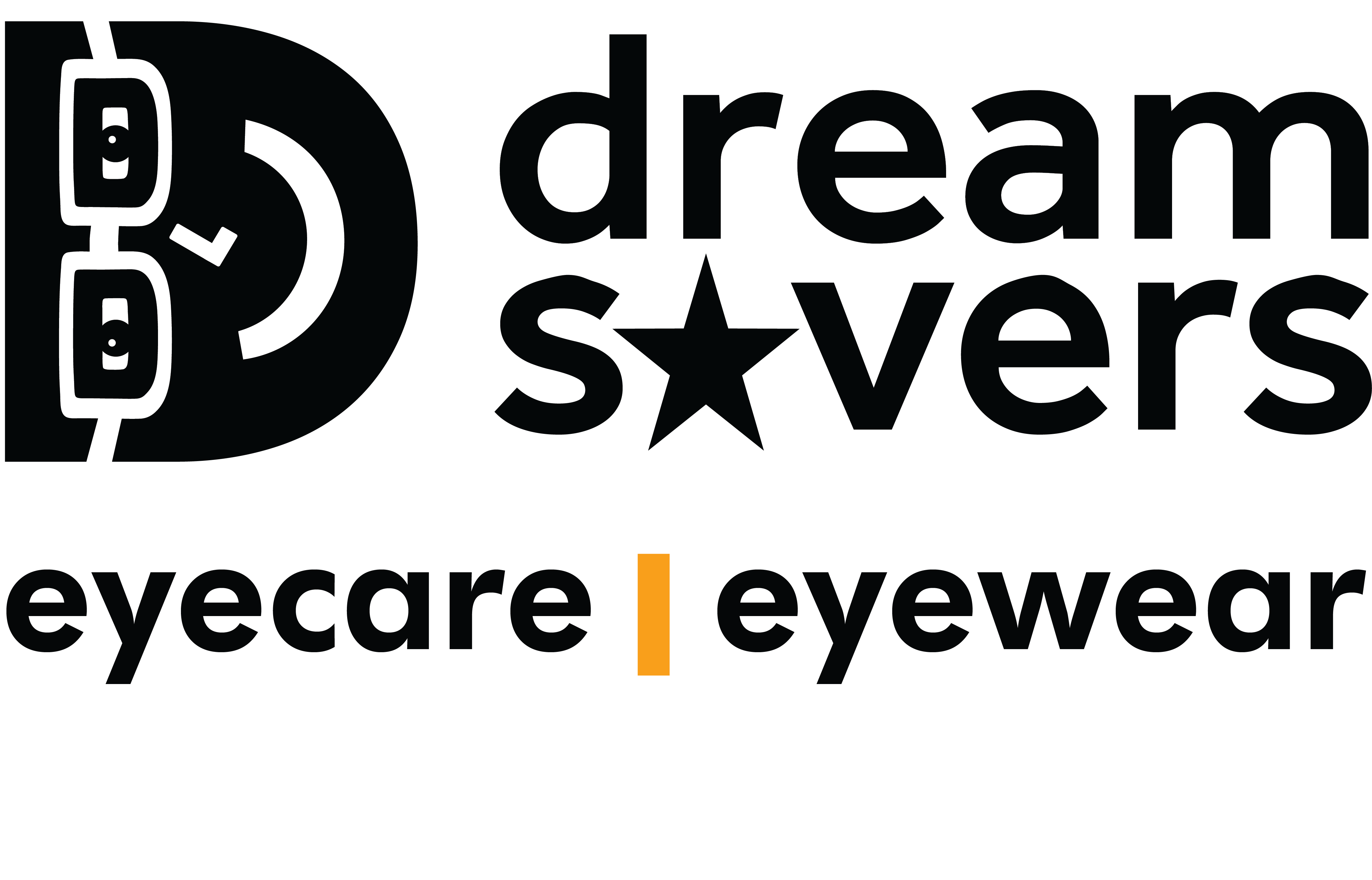Everyday Eyecare for Personal Hygiene: Simple Steps to Protect Your Eyes

Introduction
When it comes to everyday eyecare for personal hygiene, with simple steps to protect your eyes, one area we frequently overlook is eye care. Our eyes are not only essential for sight but also incredibly sensitive, making them susceptible to infections and strain. In this post, we’ll discuss why everyday eyecare for personal hygiene is crucial and provide simple steps you can incorporate into your daily routine to keep your eyes healthy.
Why Everyday Eyecare Matters
Your eyes are exposed to countless environmental stressors every day: dust, pollen, screen time, and even the harsh UV rays of the sun. Without proper care, these factors can lead to discomfort, dryness, irritation, and even more serious long-term issues like eye infections and vision problems.
Incorporating everyday eyecare for personal hygiene into your routine isn’t just about avoiding irritation. It’s about creating a holistic, preventative approach to maintaining eye health over time. By following basic hygiene habits, you can reduce the risk of conditions like conjunctivitis (pink eye), dry eye syndrome, and even age-related issues such as macular degeneration.
1. Wash Your Hands Before Touching Your Eyes
One of the easiest and most effective habits for eye health is to wash your hands regularly, especially before touching your face or eyes. Germs and bacteria on your hands can easily transfer to the delicate skin around your eyes or into your eyes themselves, causing irritation or infections. Make it a point to wash your hands thoroughly with soap and water before applying makeup, handling contact lenses, or even simply rubbing your eyes.
2. Clean Your Eyewear Regularly
Whether you wear prescription glasses or sunglasses, keeping them clean is essential for both hygiene and comfort. Eyewear can accumulate dirt, oil, and bacteria, which can irritate your eyes. Use a microfiber cloth to wipe lenses and a gentle lens cleaning solution to keep them spotless. Additionally, don’t forget to clean your eyeglasses frame, especially where they sit on your face, to remove any oil or residue from your skin.
3. Remove Makeup and Contact Lenses Properly
Many people make the mistake of not removing their makeup or contact lenses before bed, but this can lead to serious eye issues. Makeup can clog the pores around your eyes, leading to infections or irritation. Always make sure to remove makeup gently with a soft cleanser or makeup remover designed for sensitive skin.
If you wear contact lenses, remember to take them out at night and clean them properly. Never sleep in your contacts unless they are specifically designed for overnight wear. Poor hygiene with contact lenses can lead to eye infections and discomfort.
4. Hydrate and Blink Often to Avoid Dry Eyes
Proper hydration is essential for keeping your eyes moisturized and preventing dryness or irritation. Dry eyes can cause redness, itching, and even blurred vision. To help maintain moisture in your eyes, be sure to blink regularly and drink plenty of water throughout the day.
If you spend long hours in front of a screen, you may notice your eyes feeling drier than usual. Remember the 20-20-20 rule: every 20 minutes, take a 20-second break and focus on something 20 feet away. This helps reduce eye strain caused by prolonged screen use.
5. Wear Sunglasses for UV Protection
UV rays from the sun can be damaging to your eyes, increasing the risk of cataracts and macular degeneration over time. Make wearing sunglasses a part of your everyday eyecare for personal hygiene. Choose sunglasses that block 100% of UVA and UVB rays to protect your eyes from harmful radiation, especially on bright days or when you’re outdoors for extended periods.
6. Practice Regular Eye Exams
Even though your eyes might feel fine, it’s essential to get regular eye exams to detect any potential problems early. Routine eye exams can catch underlying conditions like glaucoma, diabetic retinopathy, or other vision issues that may not show obvious symptoms. It’s recommended to see an optometrist or ophthalmologist at least once a year for a comprehensive eye exam.
Conclusion
Incorporating simple, everyday eyecare practices into your personal hygiene routine is a proactive way to maintain healthy eyes for years to come. By washing your hands, cleaning your eyewear, removing makeup and contacts properly, staying hydrated, protecting against UV rays, and scheduling regular eye exams, you can prevent common eye issues and ensure optimal vision.
Remember, your eyes are one of your most precious assets—take care of them every day! Start with these easy tips for everyday eyecare for personal hygiene and make eye health a top priority.


